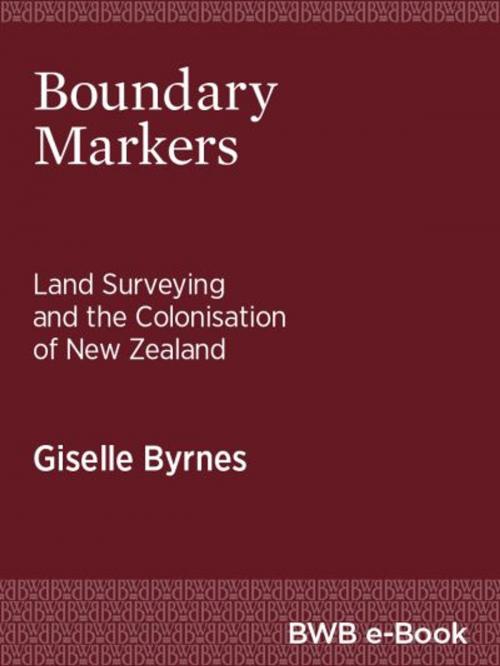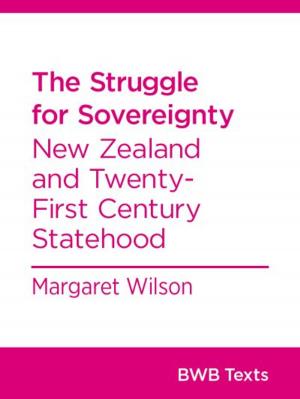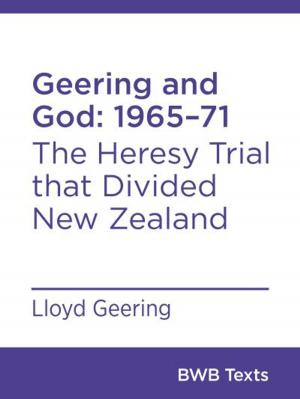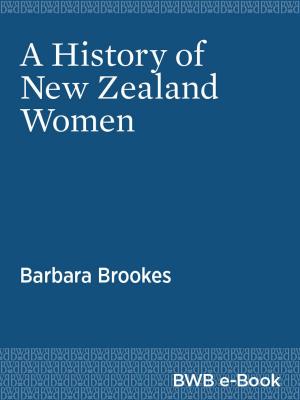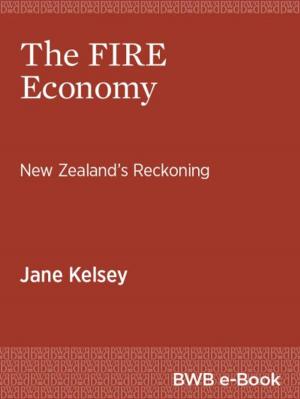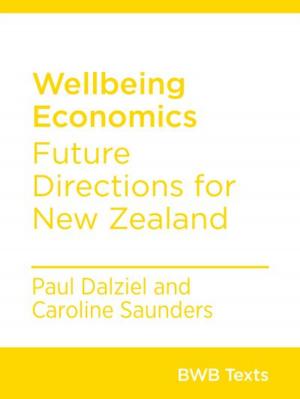Boundary Markers
Land Surveying and the Colonisation of New Zealand
Nonfiction, History, Australia & Oceania, Modern, 19th Century| Author: | Giselle Byrnes | ISBN: | 9781927131107 |
| Publisher: | Bridget Williams Books | Publication: | December 21, 2015 |
| Imprint: | Language: | English |
| Author: | Giselle Byrnes |
| ISBN: | 9781927131107 |
| Publisher: | Bridget Williams Books |
| Publication: | December 21, 2015 |
| Imprint: | |
| Language: | English |
In a country where land disputes were the chief cause of conflict between the coloniser and the colonised, surveying could never be a neutral, depoliticised pastime.In a groundbreaking piece of scholarship, Giselle Byrnes examines the way surveyors became figuratively and literally ‘the cutting edge of colonisation’. Clearing New Zealand’s vast forests, laying out town plans and deciding on place names, they were at every moment asserting British power. Boundary Markers also shows how the surveyors’ ‘commercial gaze’, a view of the countryside coloured by the desire for profit, put them at odds with the Māori view of land.
In a country where land disputes were the chief cause of conflict between the coloniser and the colonised, surveying could never be a neutral, depoliticised pastime.In a groundbreaking piece of scholarship, Giselle Byrnes examines the way surveyors became figuratively and literally ‘the cutting edge of colonisation’. Clearing New Zealand’s vast forests, laying out town plans and deciding on place names, they were at every moment asserting British power. Boundary Markers also shows how the surveyors’ ‘commercial gaze’, a view of the countryside coloured by the desire for profit, put them at odds with the Māori view of land.
